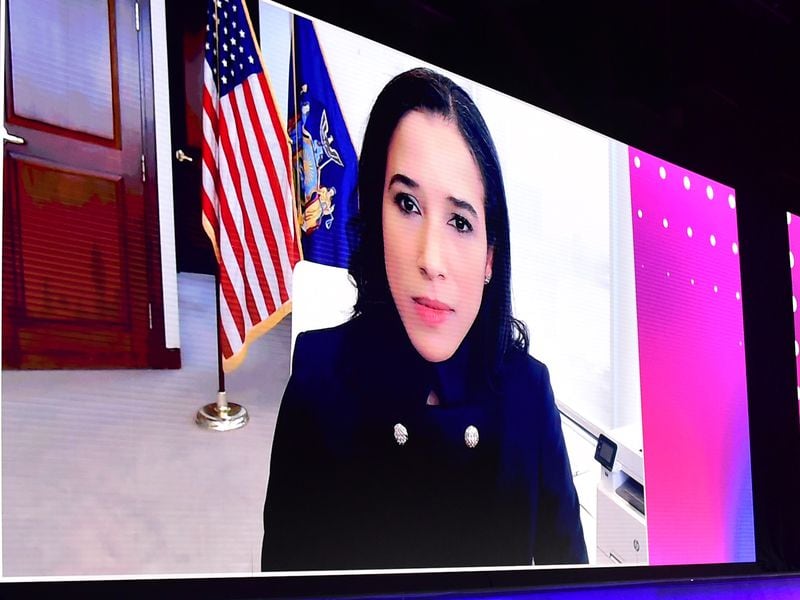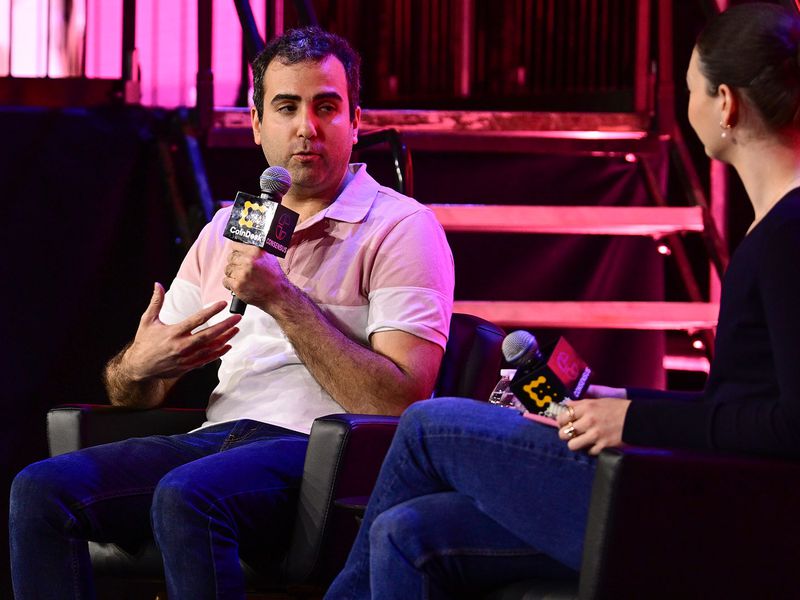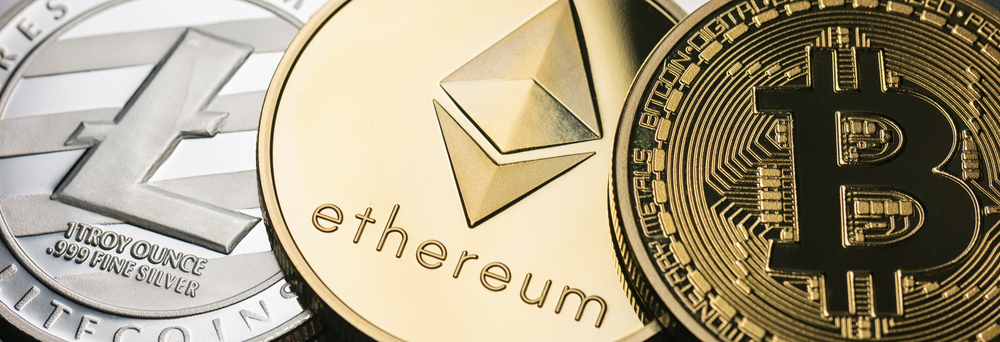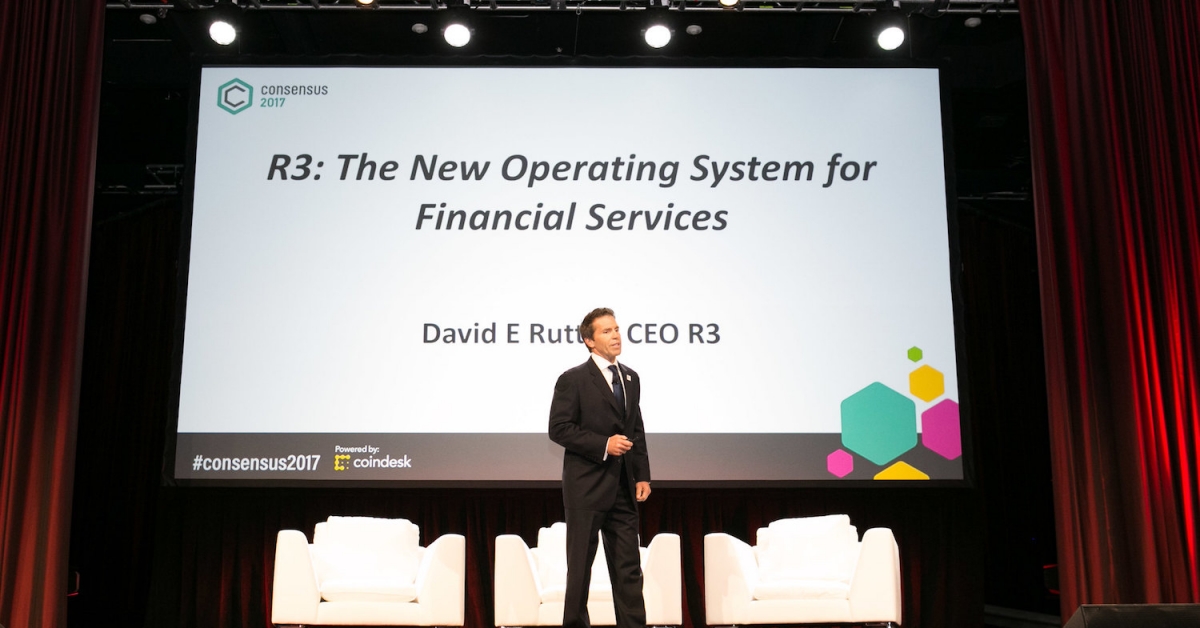Decentralized Exchange Bancor Starts On-Chain Trading Platform Carbon
Join the most important conversation in crypto and Web3 taking place in Austin, Texas, April 26-28.
:format(jpg)/www.coindesk.com/resizer/Nmp3uOLrfZuoxAeaCg5z6b27KoU=/arc-photo-coindesk/arc2-prod/public/S65B2QZAVNEBRBOGNCIVH5F7F4.png)
Lyllah Ledesma is a CoinDesk Markets reporter currently based in Europe. She holds bitcoin, ether and small amounts of other crypto assets.
Join the most important conversation in crypto and Web3 taking place in Austin, Texas, April 26-28.
Bancor, a decentralized exchange (DEX) built on the Ethereum network, has started an on-chain trading platform, Carbon.
The release comes after Bancor’s decentralized autonomous organization (DAO) issued a proposal of the deployment on Ethereum and saw votes 100% skewed in favor of launching. Bancor uses an automated market maker (AMM) smart contract – a mechanism designed to provide liquidity to markets,
Carbon’s aim is to make trading on DEX easier and more advanced through trading functionality of a centralized exchange (CEX) but with the access and transparency of AMMs, according to the press release.
Carbon will create a single concentrated liquidity position that buys and sells only in specific price ranges, according to the press release. “Buy and sell ranges can be placed above and below a set price based on where a user expects a given token will trade, automating the process of swing trading on any ERC-20 token,” the press release said.
Liquidity pools typically require users to provide liquidity in a continuous range of prices, whereas Carbon is offering users the ability to distinguish between buy range and sell range, according to Nate Hindman, Bancor’s head of growth.
Customers will be able to “use a single liquidity position to set a buy range [e.g buy $2,000-$2,100 worth of ETH] and a separate sell range [sell ETH between $2,300-$2,400],” Hindman told CoinDesk.
This will enable users to buy the token low and sell it high, as ETH moves between those ranges. The liquidity automatically rotates between users’ ranges to fill the orders. This is a similar model seen on centralized exchanges, but has lacked on DEXes, said Hindman. “Bringing the trading functionality of CEXs to DEXs is key to driving the next wave of traders on-chain,” he added.
Edited by Parikshit Mishra.
DISCLOSURE
Please note that our
privacy policy,
terms of use,
cookies,
and
do not sell my personal information
has been updated
.
The leader in news and information on cryptocurrency, digital assets and the future of money, CoinDesk is a media outlet that strives for the highest journalistic standards and abides by a
strict set of editorial policies.
CoinDesk is an independent operating subsidiary of
Digital Currency Group,
which invests in
cryptocurrencies
and blockchain
startups.
As part of their compensation, certain CoinDesk employees, including editorial employees, may receive exposure to DCG equity in the form of
stock appreciation rights,
which vest over a multi-year period. CoinDesk journalists are not allowed to purchase stock outright in DCG
.
:format(jpg)/www.coindesk.com/resizer/Nmp3uOLrfZuoxAeaCg5z6b27KoU=/arc-photo-coindesk/arc2-prod/public/S65B2QZAVNEBRBOGNCIVH5F7F4.png)
Lyllah Ledesma is a CoinDesk Markets reporter currently based in Europe. She holds bitcoin, ether and small amounts of other crypto assets.
Learn more about Consensus 2023, CoinDesk’s longest-running and most influential event that brings together all sides of crypto, blockchain and Web3. Head to consensus.coindesk.com to register and buy your pass now.
:format(jpg)/www.coindesk.com/resizer/Nmp3uOLrfZuoxAeaCg5z6b27KoU=/arc-photo-coindesk/arc2-prod/public/S65B2QZAVNEBRBOGNCIVH5F7F4.png)
Lyllah Ledesma is a CoinDesk Markets reporter currently based in Europe. She holds bitcoin, ether and small amounts of other crypto assets.









